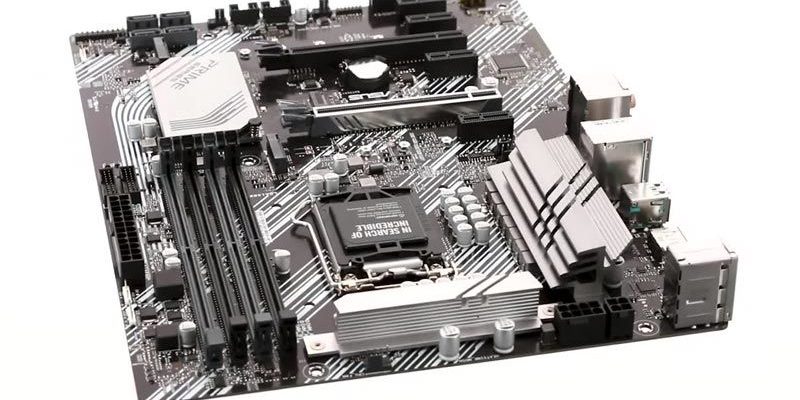Intel, 13/14. He blames motherboard manufacturers for the stability issues encountered with the 2nd Generation Raptor Lake CPUs.
Stability problems in Intel 13th and 14th generation Core processors It states that it puts the responsibility for these problems directly on the motherboard manufacturers. Additionally, Intel announced that it will make a more comprehensive public statement on this issue in May 2024.
Intel, 13/14. Next Generation Raptor Lake CPU Attributes Stability Issues to Motherboard Manufacturers
According to Intel’s statement, stability issues are caused by motherboard manufacturers operating Intel’s fastest processors outside the specifications set by the company. This situation causes some instability, especially in games. Intel states that these problems have been observed in popular games such as Hogwarts Legacy and Tekken 8. The statement also states that in order to overcome these problems, motherboard manufacturers must provide users with a “default BIOS profile” that matches Intel’s recommended settings.
The root cause of this problem has been determined to be the continuous operation of processors at high voltage and frequency in high temperature conditions. Intel has observed that 600/700 Series chipset cards often set BIOS defaults to disable thermal and power dissipation protections designed to limit processor exposure to sustained high voltage and frequency. These settings include disabling Current Excursion Protection (CEP), enabling the IccMax Unlimited bit, and disabling Thermal Velocity Boost (TVB) and/or Enhanced Thermal Velocity Boost (eTVB).
You May Be Interested In: What is Intel ExtraSS Technology?
Intel’s Recommendations to Manufacturers
Intel is calling on system and motherboard manufacturers to provide end users with a default BIOS profile that matches Intel’s recommended settings. The company also strongly recommends implementing alerts warning end users against using unlocked or overclocking features. Intel continues to actively investigate this issue and will provide additional updates with relevant information as it becomes available.
This statement stands out as Intel blames many motherboard manufacturers for the instability of their CPUs. However, it is stated that Intel has in the past allowed its motherboard partners to run their CPUs outside of their official specifications, and this has worked in Intel’s favor in reviews. Therefore, it is emphasized that part of the problem should be shouldered by Intel.
Intel will make a more detailed public statement on the subject in May 2024.
